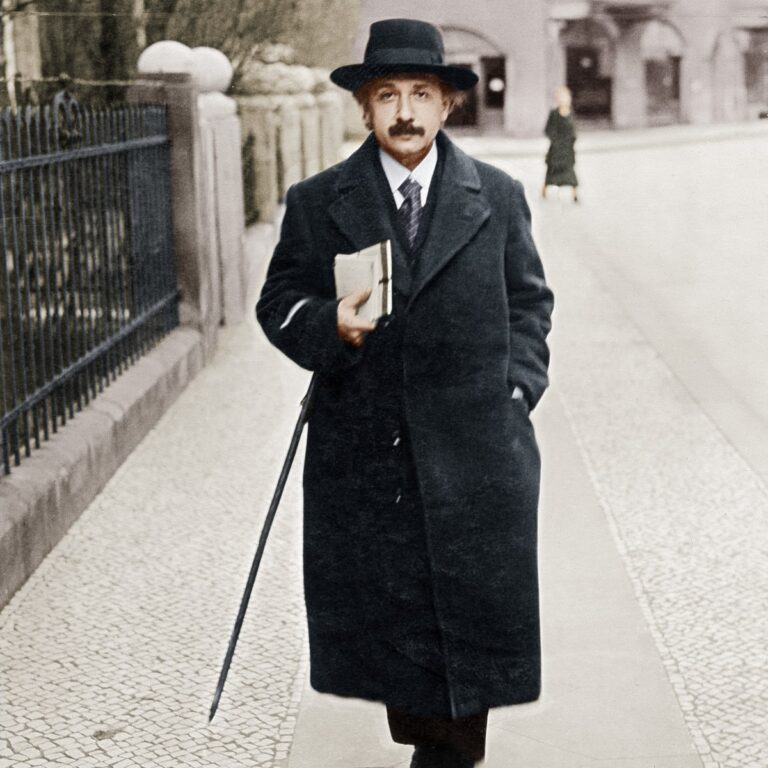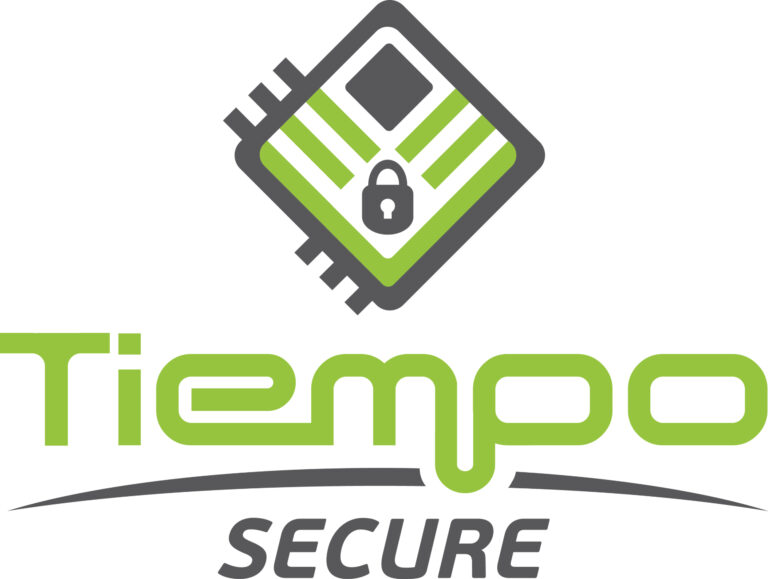
New Set of Quantum Programming Tools Coming by Way of Horizon Quantum Computing
Singapore-based Horizon Quantum Computing is simplifying and speeding up software development for quantum computers. The company, founded in 2018, aims to allow non-quantum computing developers to develop applications for quantum computer hardware. In fulfilling this goal, the company anticipates all software developers will be able to access quantum computing.
At The Qubit Report, our mission is to promote knowledge and opinion of quantum computing from the casual reader to the scientifically astute. Because Quantum is Coming.

SEALSQ Strengthens Crypto Security via Advanced Post-Quantum Semiconductor Solution
SEALSQ Corp, specializing in Semiconductors, PKI, and Post-Quantum technology, introduced its latest post-quantum semiconductor tech. The technology focuses on advanced cryptographic algorithms designed to resist potential threats from quantum computing and secure cryptocurrency transactions.
AlphaBravo Takes Quantum Solace Cybersecurity Project to Government and Tech Allies
AlphaBravo announced its key role as the Lead Integration Partner in developing Quantum Solace, a Quantum Protected Data Platform, in collaboration with Rancher Government Solutions (RGS), Mainsail, Fornetix, and Quantinuum.
US Army Tests World’s First Atomic Quantum Receiver for Long-Range Radio Communication
Rydberg Technologies achieves a significant milestone: demonstrating the world’s first long-range atomic RF communication. This accomplishment marks a pivotal advance in practical quantum technology applications.
German Quantum Software Startup Kipu Quantum Secures €10.5M Seed Funding for Innovation
Kipu Quantum raises €10.5M for instant-use quantum algorithms. Breakthroughs in protein folding attract investors, advancing practical quantum computing solutions across industries.
Grenoble-Based Tiempo Secure Key in €10M French Project for Quantum-Resistant Security Chip
Tiempo Secure has been chosen to participate in the µPQRS (Post Quantum, Secure, Resilient, and Sovereign Security Microprocessor) project, backed by the French State. This project is a response to the growing cybersecurity challenges in Europe, aligning with the Cyber Resilience Act of the European Union, which aims to enhance security standards in digital products. Tiempo Secure’s expertise and knowledge have been instrumental in developing solutions to address the critical issue of strategic sovereignty.
EPB Quantum Network and Qunnect Forge Historic Collaboration in Quantum Networking
EPB Quantum Network, powered by Qubitekk, announced a collaboration with Qunnect, a leader in quantum-secure networking. Together, they aim to assess the compatibility of critical quantum technologies within a network – a first-time joint operation between two commercial quantum networking companies.
Amsterdam Municipality Awards QAL €1.2M Grant for Quantum Computing Advancements
The Quantum Application Lab (QAL) recently secured a substantial € 1.2M grant from the municipality of Amsterdam. Dubbed the “Subsidie Economische Structuur en Arbeidsmarktversterking” or SESA, this grant represents a crucial step for QAL.
Collaborative Effort by LTIMindtree, Quantum Xchange & Fortinet Yields Advanced Quantum-Safe VPN
LTIMindtree, a global tech company, introduced a Quantum-Safe Virtual Private Network (VPN) at its London site, enhancing data protection against potential decryption threats. This VPN applies Post-Quantum Cryptography (PQC), utilizing quantum-based key generation and secure key delivery methods that align with NIST standards for data security.
Rigetti, IonQ, D-Wave: Side-by-Side Q3 2023 Results
In Q3 2023, key developments unfolded in the quantum computing sector. Rigetti, IonQ, and D-Wave each delivered their Q3 2023 results this past week. We have done our best to distill these reports and give them an apples-to-apples comparison.






